Disciplinary Inquiry, Access, and Ethics
in Producing Collections as Data
Novice in the Archive
"The combination of increased access with the development of powerful digital searching tools has the potential to transform the nature and the scale of students’ relationship to the material itself. For the first time perhaps it allows the novice learner to get into the archives and engage in the kinds of archival activities that only expert learners used to be able to do."
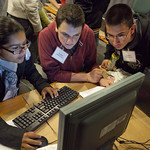
Randy Bass and Roy Rosenzweig, "Rewiring the Social Studies Classroom," (Dec. 1999).
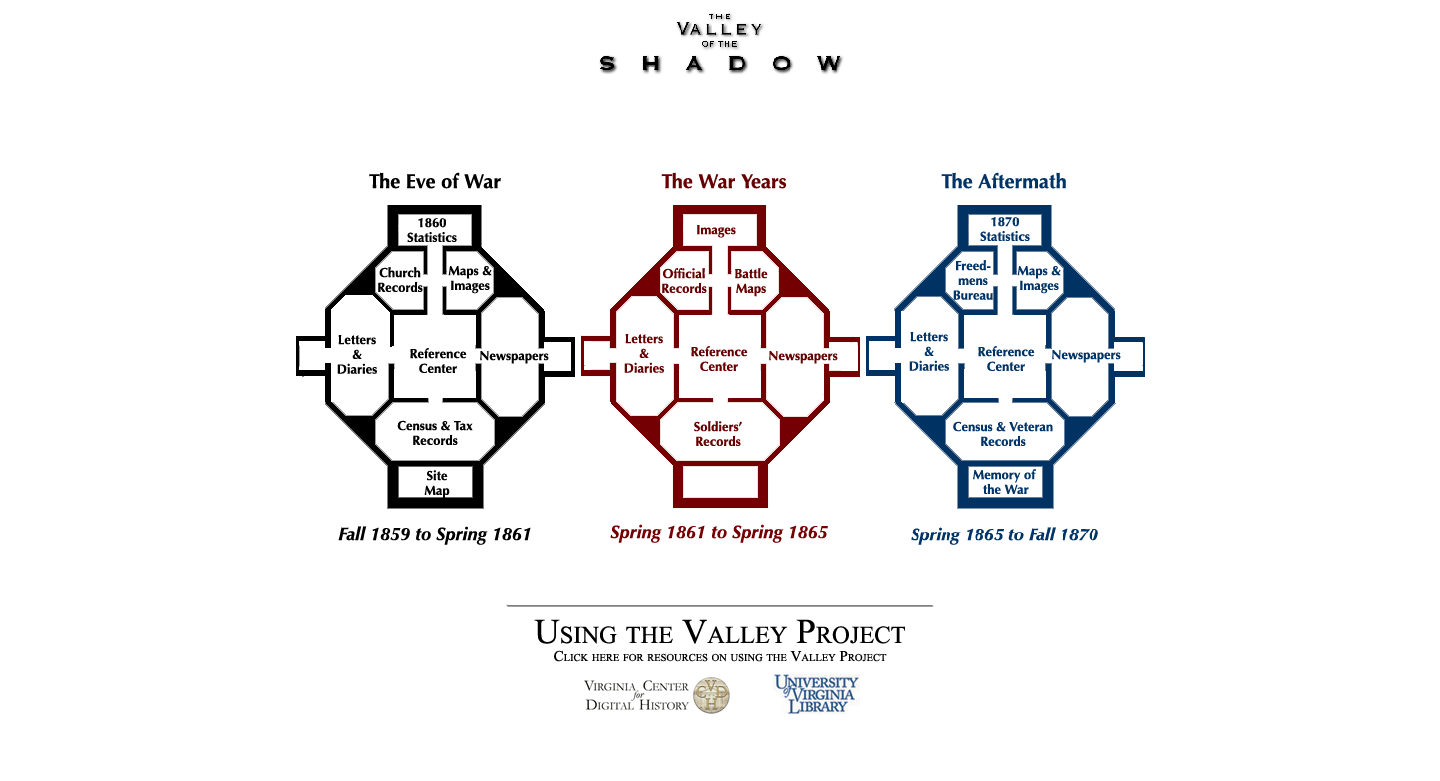
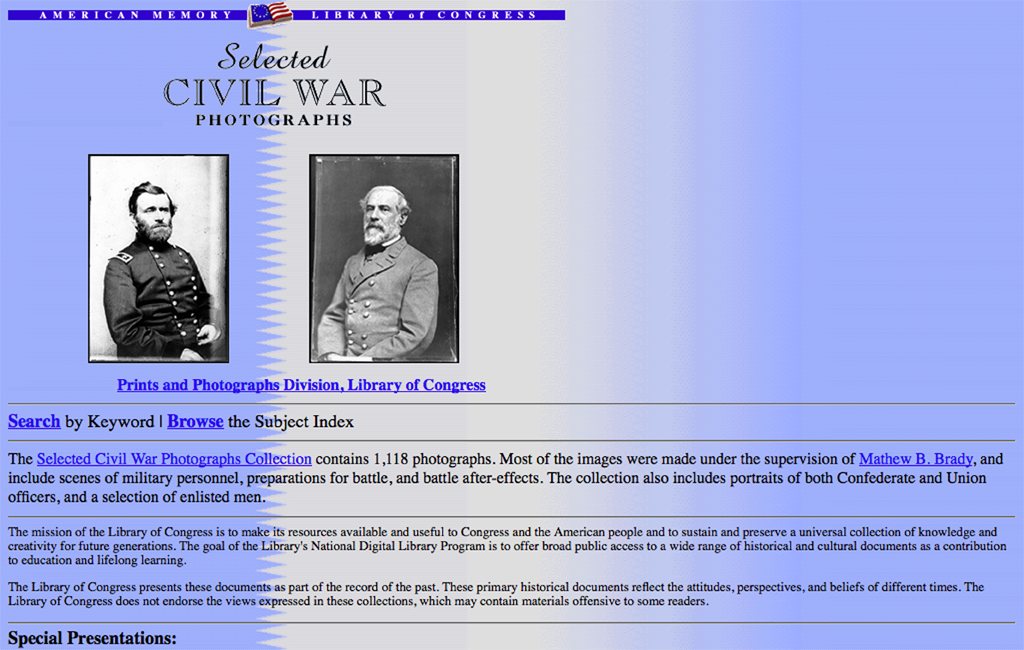
Scholar in the Archive
Research Practices of Historians
"In numerous cases, interviewees demonstrated their organization processes by showing the physical and digital “piles” of sources that made up a chapter. Many scholars had stacks of index cards, paper notes, and print-outs of sources organized by chapter. In one case, an interviewee showed the file boxes (representing chapters) with tabs (representing sections) containing individual index cards (representing notes or ideas) by which a book is being organized; another shared the bookshelf on which he kept his last book, with each chapter’s
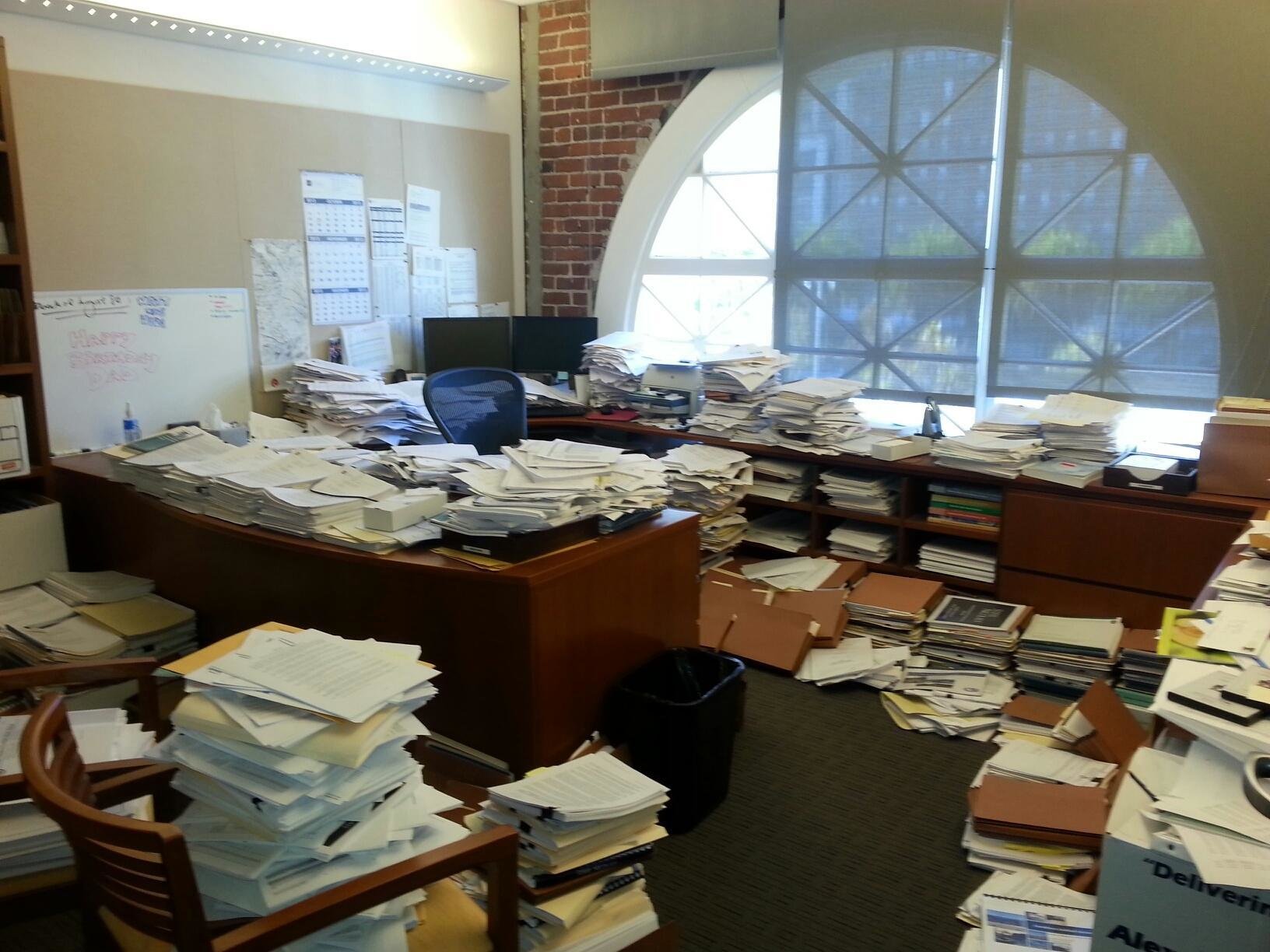
Schonfeld and Rutner, ITHAKA S+R, 2012
https://sr.ithaka.org/publications/supporting-the-changing-research-practices-of-historians/
Notecards

Secondary Research
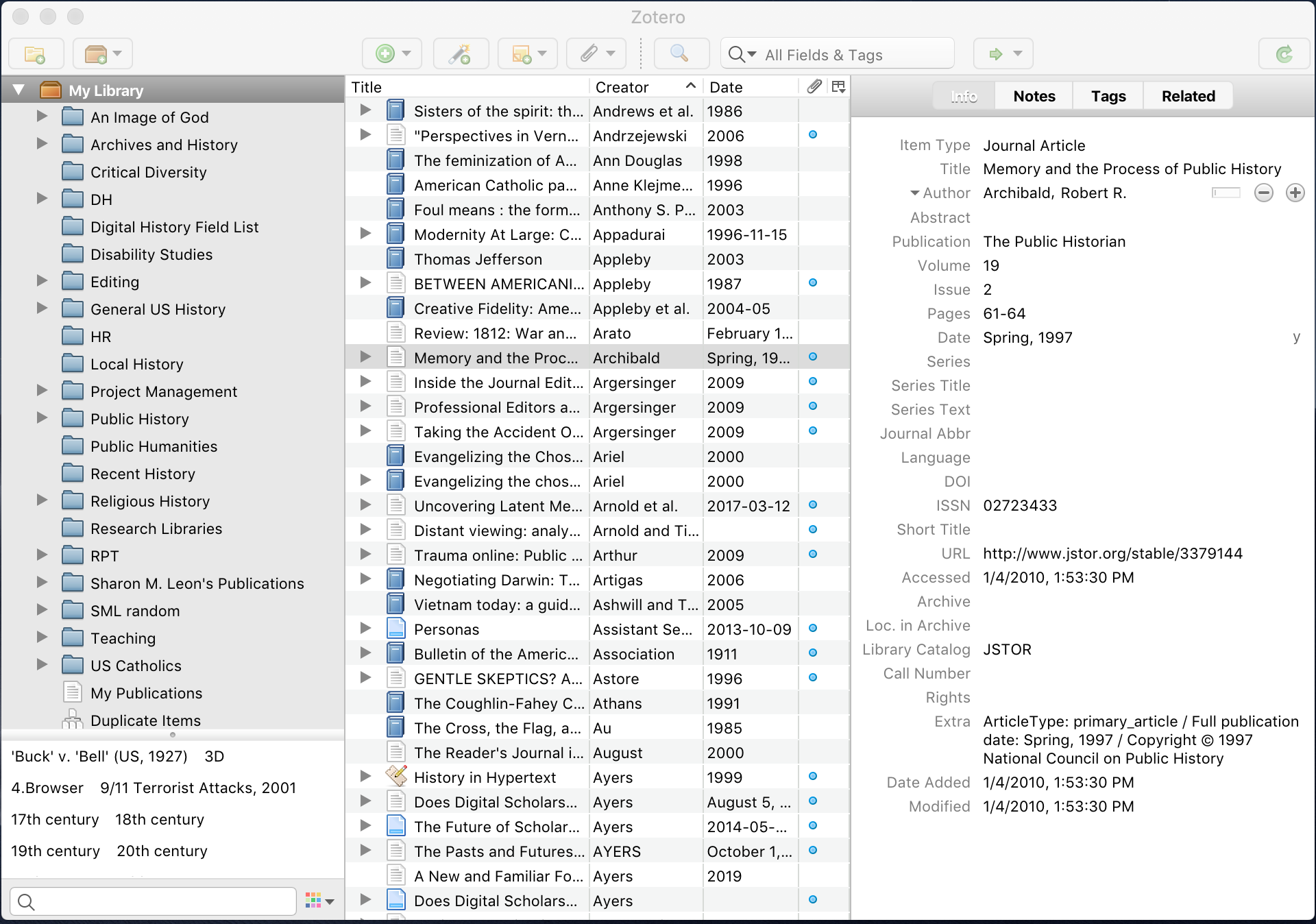

Primary Research
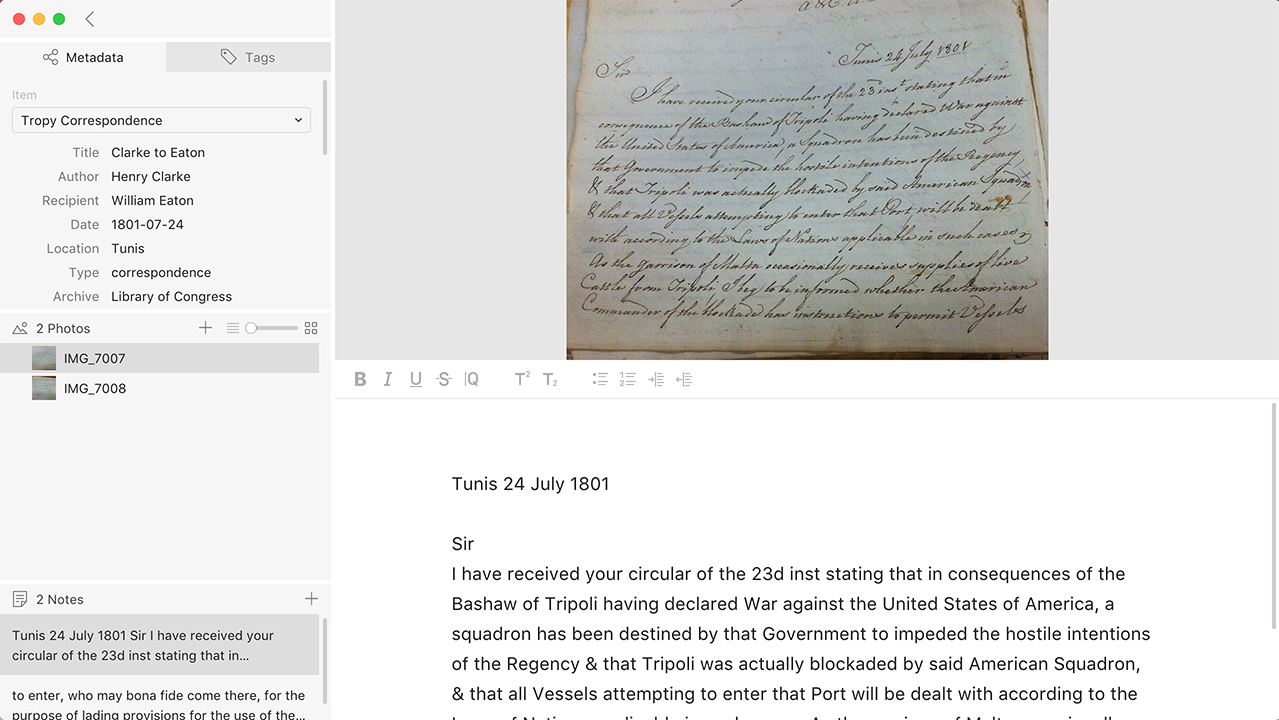

Heuristics of Historical Thinking
- Sourcing
- Contextualizing
- Close reading
- Reading for silences
- Using background knowledge
- Corroborating
Sam Wineburg, “Thinking Like a Historian,” http://www.loc.gov/teachers/tps/quarterly/historical_thinking/article.html
Interrogating Historical Complexity
- Contending with multiple perspectives
- Grappling with the implications of multiple
causation - Considering how actors and events are shaped by their contexts and prior events
- Examining change and continuity over time
Teaching Digital History
Structured Data
Types of Structured Data
- Metadata
- Received Data (always already quantitative)
- Meso-level Data (derived from reading sources)
National Historical GIS
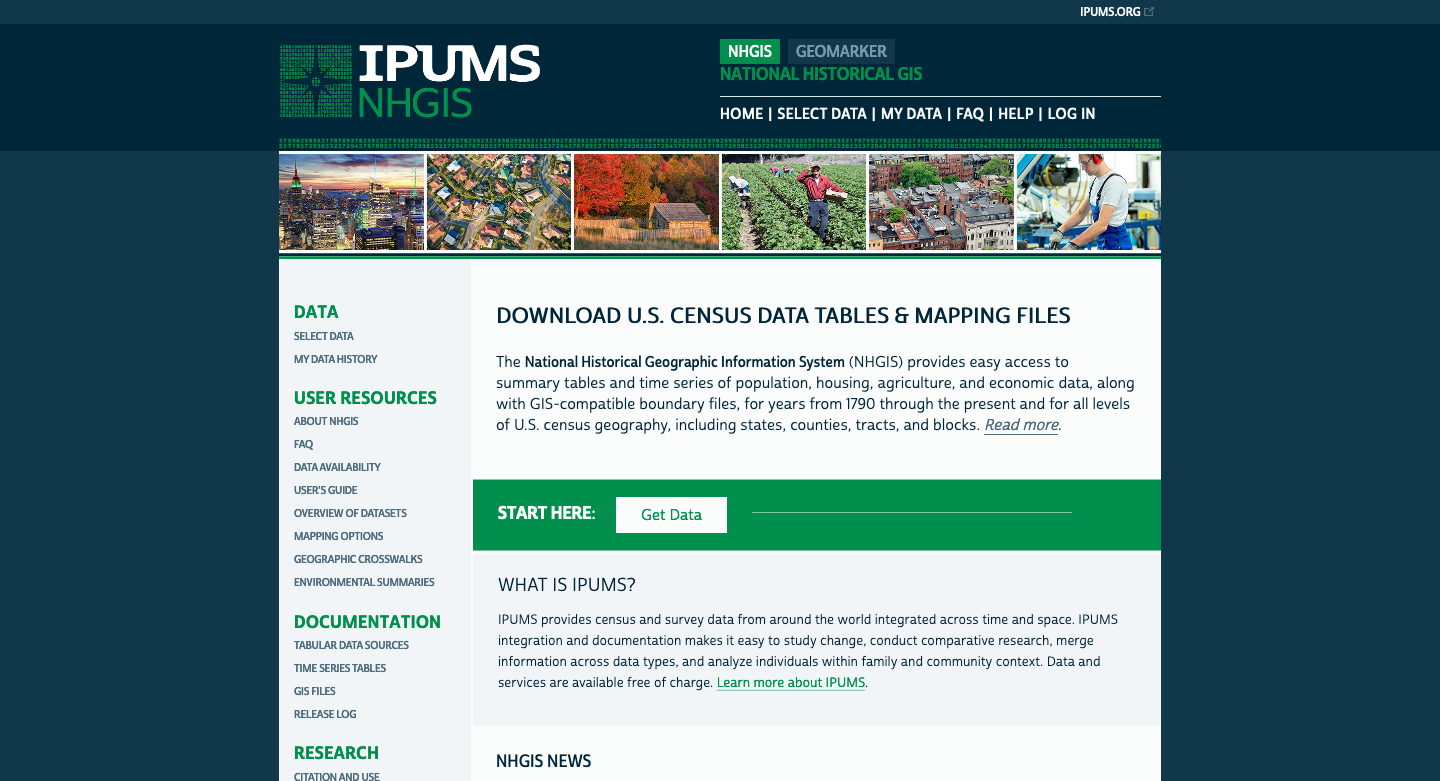
1790 US Census, by County
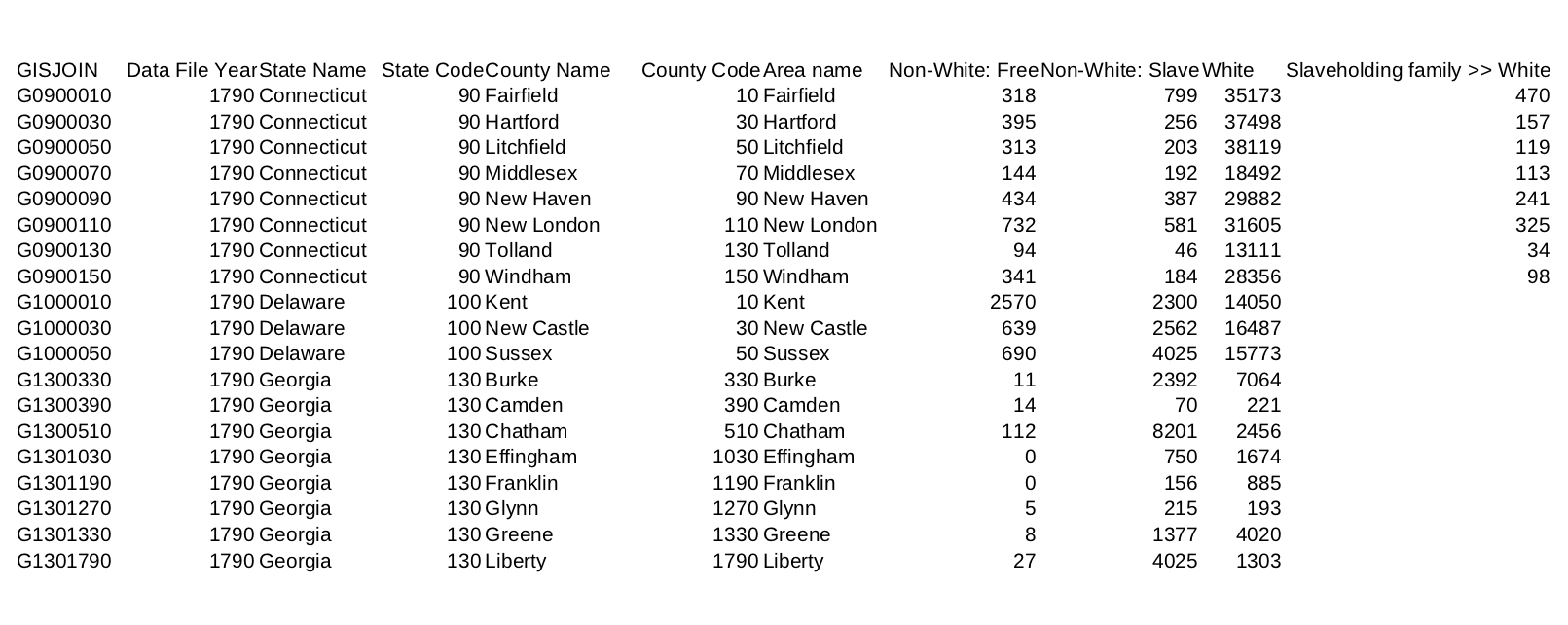
Andrew McDonald, H251 s2019
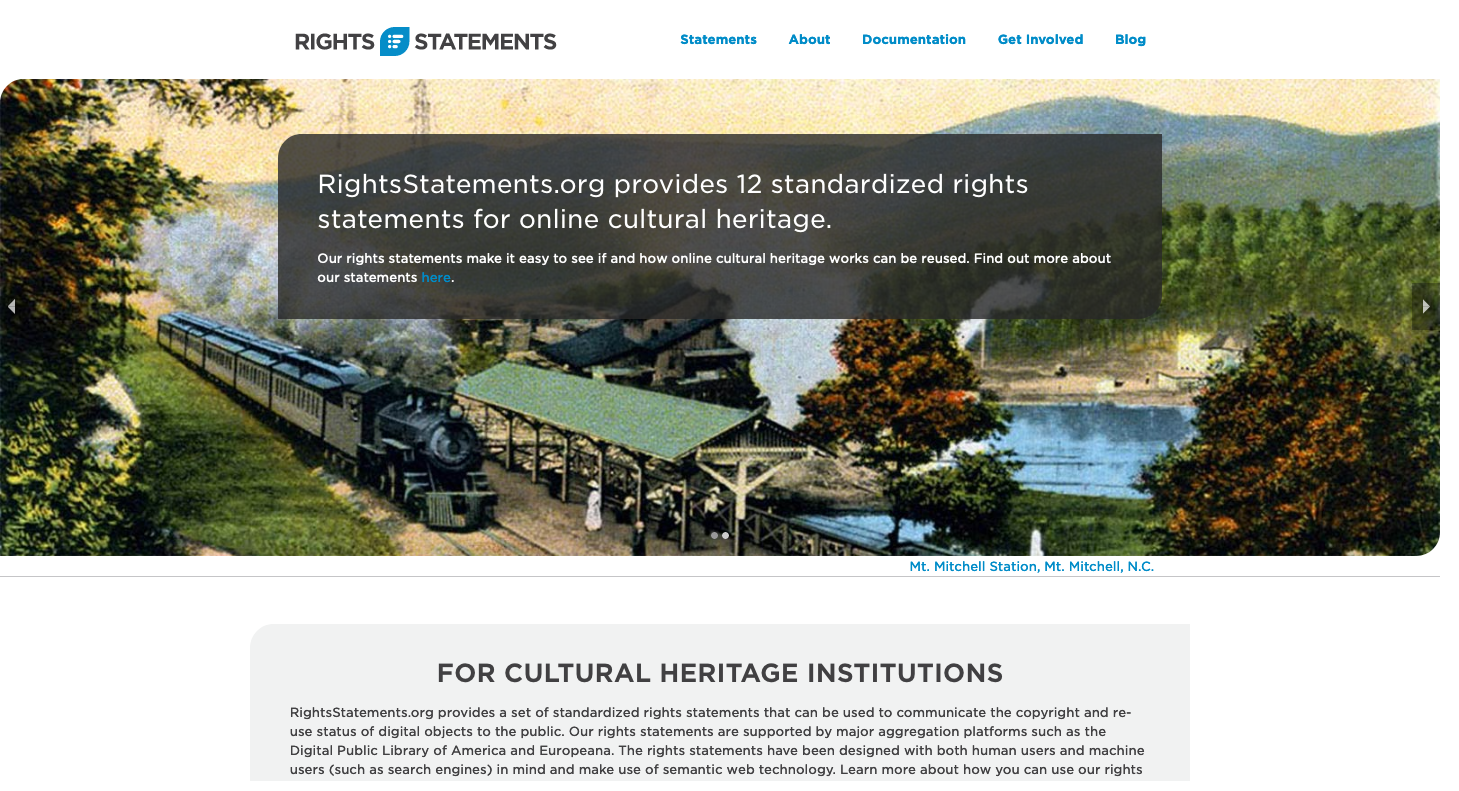
CSV or TXT, Please!
Tim Sherratt
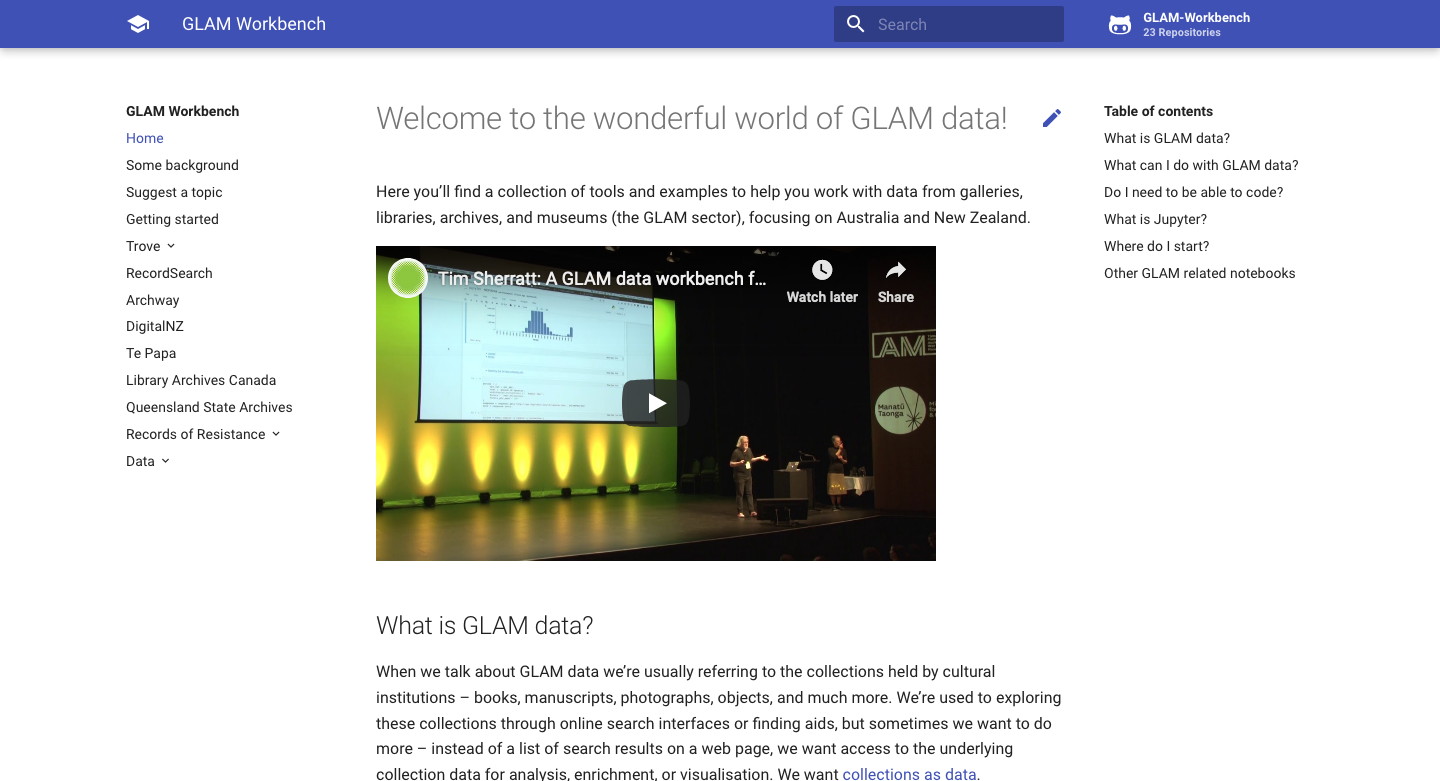
Unstructured Data
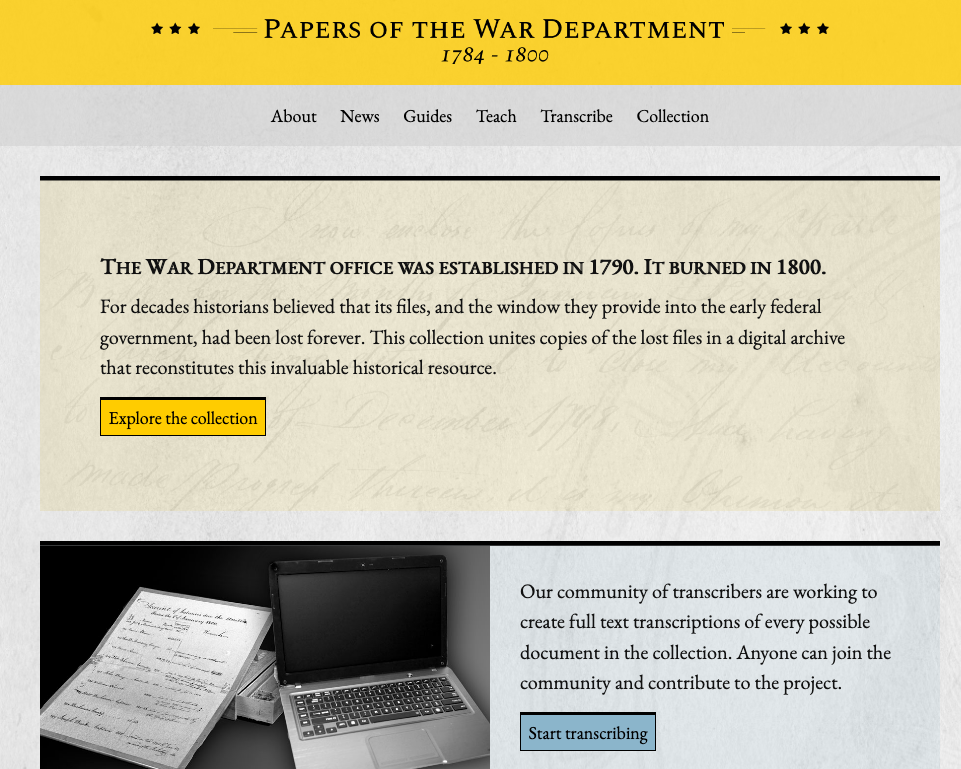
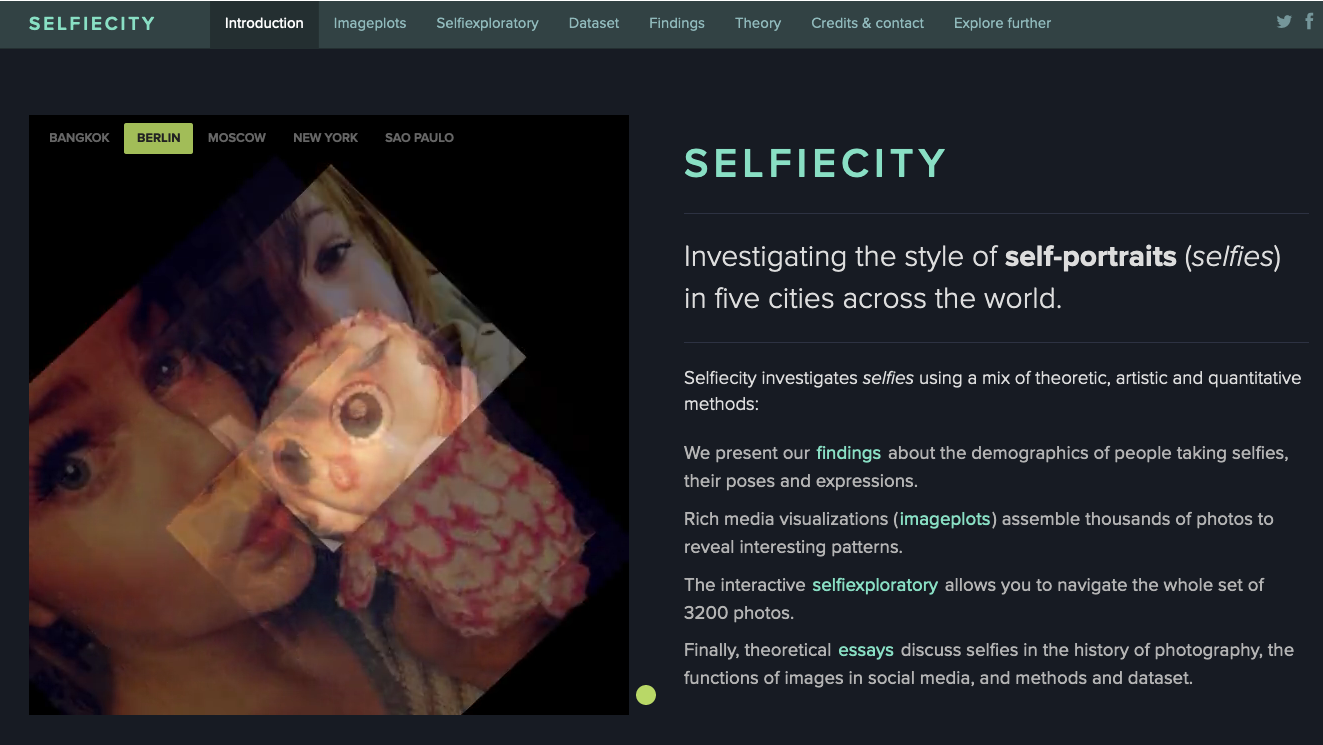

Questions that are good to think with
Stakeholders
-
Who are they and what kinds of inquiry questions do they bring? (aside from technical capacity)
-
What are their commitments and values?